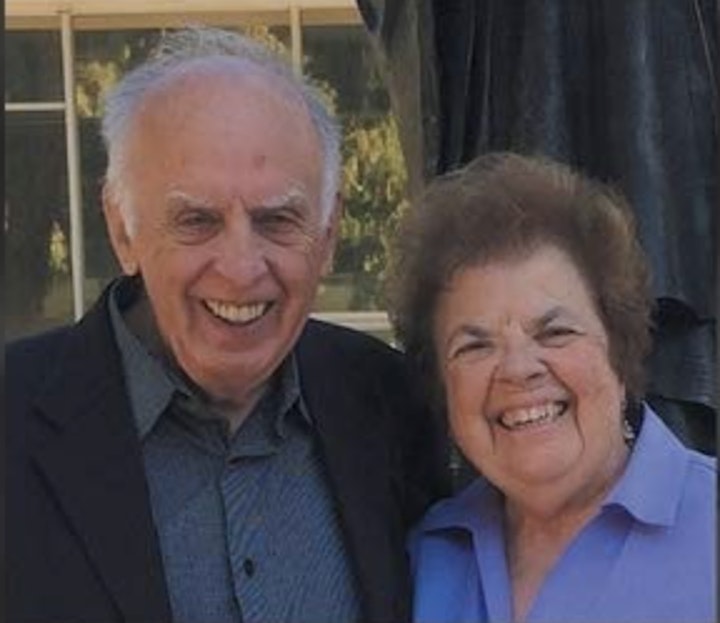On
Wednesday, October 27 at 10 am Pacific Time, please join
Andrew Grotto, Director of Stanford’s Program on Geopolitics, Technology and Governance, for a conversation with
Jacob Helberg, senior adviser at the Stanford Program on Geopolitics, Technology and Governance and an adjunct fellow at the Center for Strategic and International Studies (CSIS) to discuss his newly released book
"The Wires of War: Technology and the Global Struggle for Power" - an urgent and groundbreaking account of the high-stakes global cyberwar brewing between Western democracies and the autocracies of China and Russia that could potentially crush democracy.
From 2016 to 2020, Jacob Helberg led Google’s global internal product policy efforts to combat disinformation and foreign interference. During this time, he found himself in the midst of what can only be described as a quickly escalating two-front technology cold war between democracy and autocracy.
On the front-end, we’re fighting to control the software—applications, news information, social media platforms, and more—of what we see on the screens of our computers, tablets, and phones, a clash which started out primarily with Russia but now increasingly includes China and Iran. Even more ominously, we’re also engaged in a hidden back-end battle—largely with China—to control the Internet’s hardware, which includes devices like cellular phones, satellites, fiber-optic cables, and 5G networks.
This tech-fueled war will shape the world’s balance of power for the coming century as autocracies exploit twenty-first-century methods to re-divide the world into twentieth century-style spheres of influence. Helberg cautions that the spoils of this fight are power over every meaningful aspect of our lives, including our economy, our infrastructure, our national security, and ultimately, our national sovereignty. Without a firm partnership with the government, Silicon Valley is unable to protect democracy from the autocrats looking to sabotage it from Beijing to Moscow and Tehran. The stakes of the ongoing cyberwar are no less than our nation’s capacity to chart its own future, the freedom of our democratic allies, and even the ability of each of us to control our own fates, Helberg says. And time is quickly running out.
Praise for “The Wires of War: Technology and the Global Struggle for Power”:
“An analytical tour de force on the rapidly increasing challenge of techno-authoritarian nations to our national security, our economy, and our democracy.” —President Bill Clinton, 42nd President of the United States







